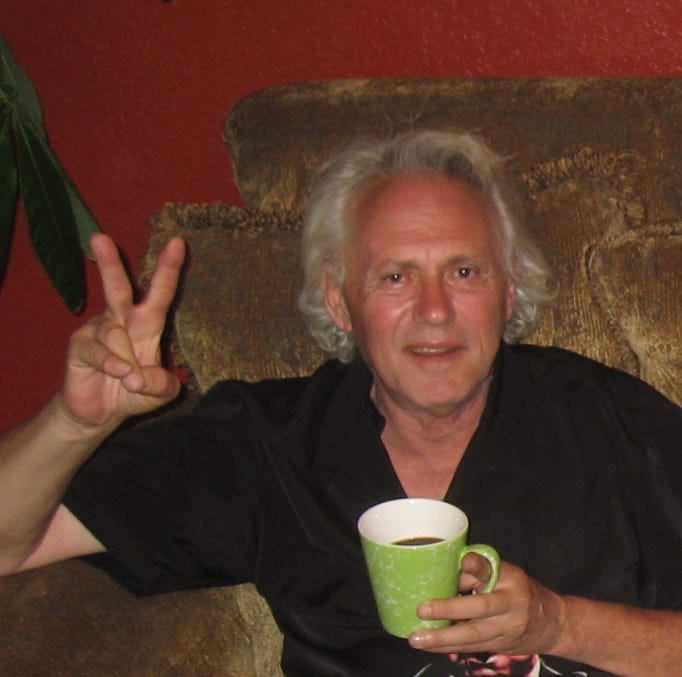Artie Kornfeld
Arthur "Artie" Kornfeld, born on September 9, 1942, in Brooklyn, New York, is an American musician, record producer, and music executive best known as one of the four co-founders of Woodstock.
Arthur "Artie" Kornfeld, born on September 9, 1942, in Brooklyn, New York, is an American musician, record producer, and music executive best known as one of the four co-founders of the Woodstock Music & Art Fair. His contributions to the music industry extend far beyond Woodstock, having been involved in the creation of numerous hit records and helping to shape the careers of several iconic artists before the festival ever took place.
Before becoming a central figure in organizing Woodstock, Kornfeld's passion for music led him to a successful career in the music business from a young age. He started his journey in the music industry while still attending college, writing songs that would be recorded by artists like Connie Francis. After graduating from American University in Washington, D.C., Kornfeld quickly ascended the ranks of the music world.
In the mid-1960s, Kornfeld became the youngest vice president at Capitol Records, where he was instrumental in signing and promoting bands like The Beach Boys, thus playing a pivotal role in the development of the rock music scene. His keen ear for talent and innovative approach to music production earned him respect and recognition in the industry. Kornfeld's successes at Capitol were followed by a move to Mercury Records, where he continued his work in artist development and music production.
Kornfeld's path to Woodstock began when he met Michael Lang, a young promoter and producer. Sharing a vision for a music festival that would celebrate peace, music, and art, they sought the financial backing and organizational skills of John Roberts and Joel Rosenman. Kornfeld's connections in the music industry and his expertise in artist relations were invaluable in assembling the festival's legendary lineup. He was not just a founder; he was deeply involved in the creative and logistical aspects of the festival, working tirelessly to bring the vision to life.
Woodstock, held in August 1969 on Max Yasgur's dairy farm in Bethel, New York, was a monumental event, drawing an audience of over 400,000 people. It featured performances by some of the most prominent musicians of the era and became a symbol of the 1960s counterculture, promoting messages of peace, love, and unity. Kornfeld's role in Woodstock solidified his place in music history, not just as a producer and executive but as a visionary who helped to create one of the most iconic cultural events of the 20th century.
After Woodstock, Artie Kornfeld continued his career in the music industry, producing albums and working with a variety of artists. He also became an advocate for the Woodstock ethos, speaking about the festival's impact and its legacy in promoting peace and understanding through music.
Kornfeld's journey from a music-loving kid in Brooklyn to a key figure in one of the most significant cultural events of the 20th century is a testament to his passion for music, his entrepreneurial spirit, and his commitment to the ideals that Woodstock represented. His contributions to the music industry and the legacy of Woodstock continue to inspire new generations of musicians, music lovers, and cultural innovators.
